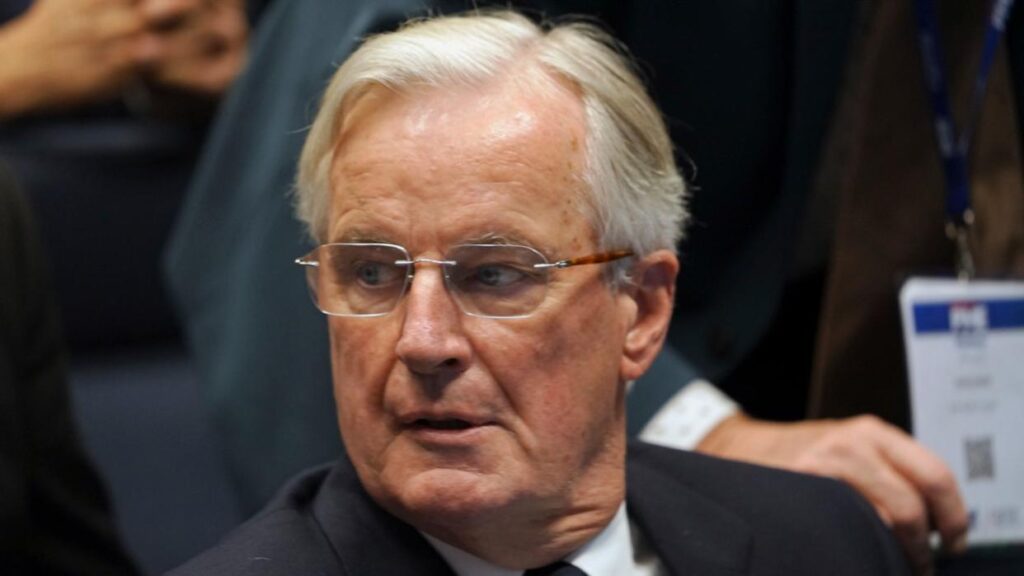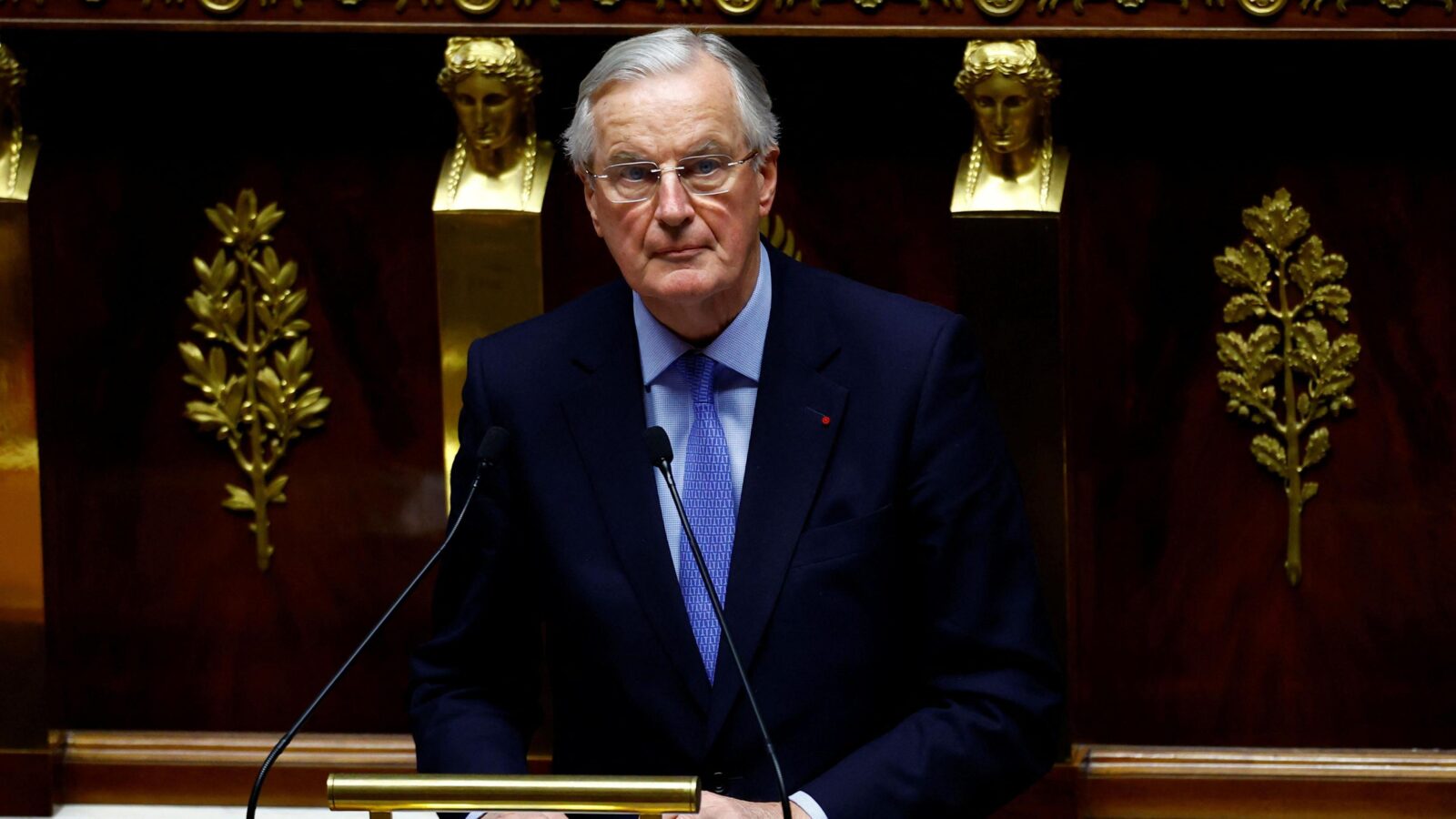The French government has collapsed following the ousting of Prime Minister Michel Barnier in a no-confidence vote.
The motion against Barnier, supported overwhelmingly by MPs just three months after his appointment by President Emmanuel Macron, marks the first time a French government has fallen in a no-confidence vote since 1962.
The vote was triggered by widespread backlash after Barnier, a former Brexit negotiator, invoked special powers to bypass parliament and enforce his budget proposal. His controversial move drew condemnation from opposition parties across the political spectrum, who united to challenge his leadership.

The no-confidence motion garnered 331 votes, far surpassing the 288 needed for it to pass. As a result, Barnier must now submit his government’s resignation, rendering the contentious budget void. However, he is expected to remain as caretaker prime minister until Macron appoints a successor.
The collapse deepens France’s political turmoil, following inconclusive snap elections in the summer that left no party with a parliamentary majority. Opposition from both the left-wing New Popular Front (NFP) and the far-right National Rally (RN) was key to Barnier’s downfall. Both groups criticized his €60 billion (£49 billion) deficit reduction plan, with RN leader Marine Le Pen calling it “toxic for the French.”
The NFP, which secured the most seats in the elections, had previously opposed Macron’s decision to appoint the centrist Barnier over its preferred candidate. Barnier’s recent use of presidential decree to implement social security reforms further inflamed tensions, uniting left and far-right lawmakers in their opposition.
READ ALSO: ‘Nigeria Would Be Better Today If Peter Obi Had Won,’ Says Sen. Enyinnaya Abaribe
Before the vote, Barnier warned the National Assembly that removing him would not resolve France’s financial challenges. However, his appeal failed to sway MPs, who ultimately decided to force him out of office.
“We have reached a moment of truth, of responsibility,” he said, adding that “we need to look at the realities of our debt”.
“It is not a pleasure that I propose difficult measures.”
In an interview with French broadcaster TF1 on Wednesday, Le Pen said there was “no other solution” than to remove Barnier.
Asked about the French president’s prospects, she replied: “I am not asking for the resignation of Emmanuel Macron.”
However, Le Pen added that “if we do not respect the voice of voters and show respect for political forces and respect for elections”, then pressure on the president will “obviously be stronger and stronger”.
French President Emmanuel Macron, recently returned from a state visit to Saudi Arabia, is set to address the nation in a televised speech on Thursday evening.
Although the outcome of Wednesday’s vote does not directly impact him—France elects its president separately from its government—Macron had previously stated he would not resign regardless of the result.
To mitigate the embarrassment of a government vacuum, Macron is expected to appoint a new prime minister promptly, especially with U.S. President-elect Donald Trump scheduled to visit Paris this weekend for the reopening of the Notre-Dame Cathedral.
With no new parliamentary elections possible until July, the current deadlock in the National Assembly—where no faction holds a working majority—is likely to persist.
(BBC)
Follow the Parallel Facts channel on WhatsApp: https://whatsapp.com/channel/0029VaCQSAoHgZWiDjR3Kn2E









Leave a Reply